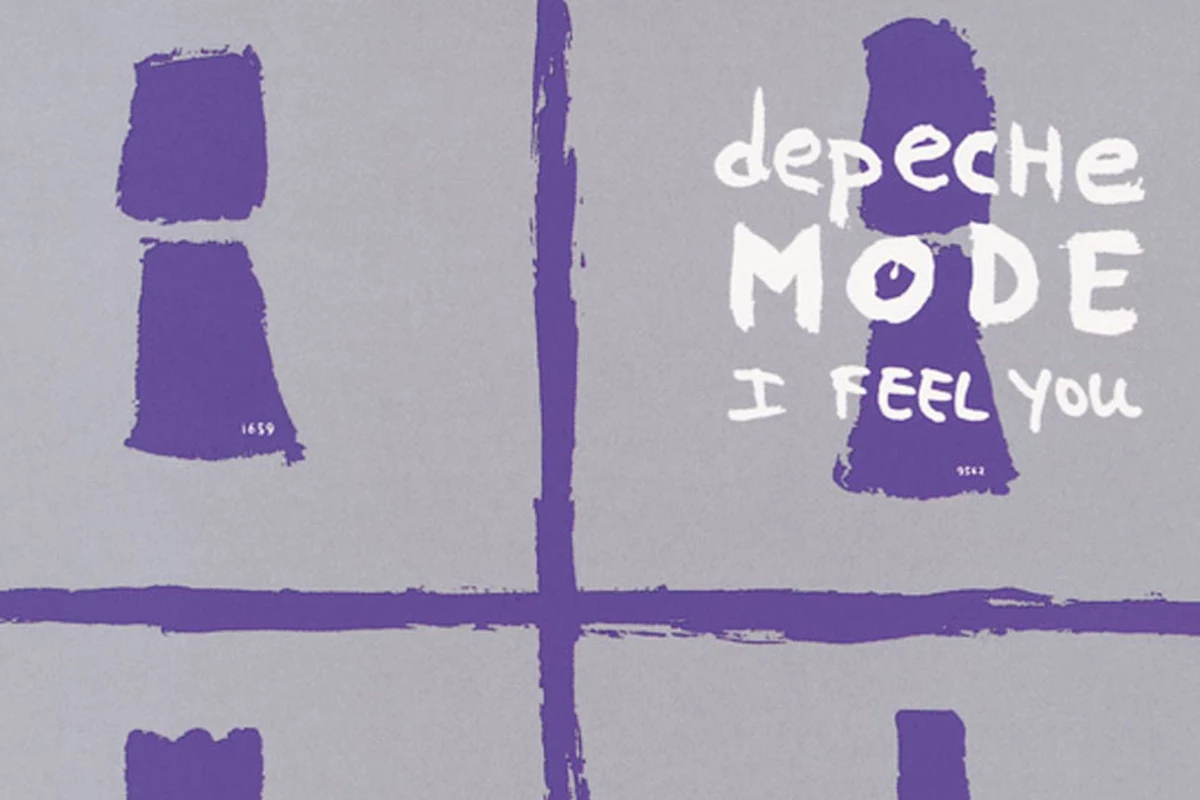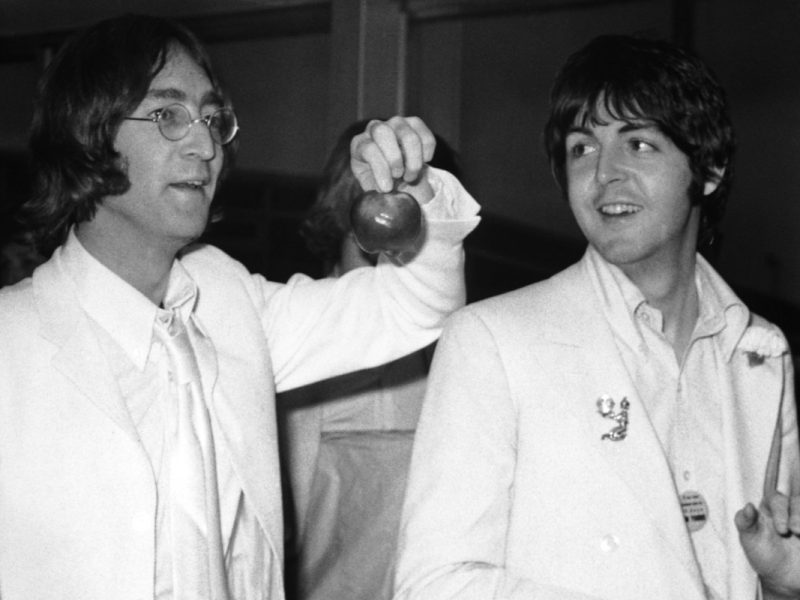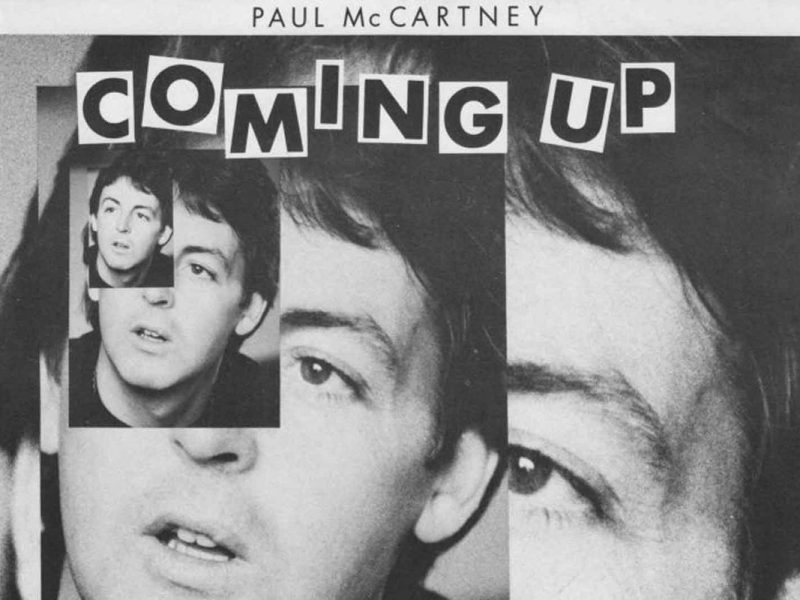“The dawning of our love” that Dave Gahan sings about on the lead single from Depeche Mode’s eighth album signaled the dawn of a new era – or at least a refreshed direction — for the British quartet.
With its opening squeal of guitar feedback and gritty blues riff and arrangement, “I Feel You” heralded the arrival of Songs of Faith and Devotion and its significant step away from the synthesizer-dominated sound of the group’s previous albums — including its predecessor, 1990’s Violator, which was Depeche Mode’s most successful release to date. “The whole Songs of Faith and Devotion project started off with the basic principle that we wanted to become more live, spontaneous and have a lot more performances involved,” the group’s Martin Gore told Bong magazine in 1998. “So that whole album turned out to be the rockiest that we’ve ever wanted to achieve. ‘I Feel You’ is probably the pinnacle of that and it’s about the closest we’re going to come to sounding like a real authentic rock band.”
Gahan, meanwhile, maintained that as different as it was, “I Feel You” and Songs of Faith and Devotion still felt like Depeche Mode.
“We somehow managed to marry the performance side of things, that energy, with the classic Depeche Mode treatment,” he told this writer during the tour supporting the album. “You always come back to that anyway. It’s impossible for us not to put our stamp on there. But it’s important to try to take it as far away as possible before you put that stamp on. I wanted to spark ideas and have some kind of emotion down there before you could do what we call the ‘screwdriver work’ afterwards.”
Depeche Mode and producer Flood, on his second album with the band and just off U2’s Achtung Baby, worked on Songs of Faith and Devotion during 1992 and early 1993, still putting on finishing touches even as “I Feel You” came out on Feb. 15, 1993. The songs were recorded primarily in a rented house in Madrid and later at studios in London and Hamburg. Electronics were still an integral part of the process, but the live instrumentation had a more pronounced footing this time.
“It was a very natural evolution,” Gore said during the tour, “but subconsciously we knew we had to do something different. We started off as electronic purists and we gradually came to the conclusion that we shouldn’t be limited to the instrumentation that we use or the approach that we take. We didn’t want our way of doing things to become as blinkered as rock bands are.”
Watch the Music Video for Depeche Mode’s ‘I Feel You’
Fans certainly embraced the change. “I Feel You” was Depeche Mode’s seventh Top 10 single in their homeland, while in the U.S. it was certified gold and was No. 1 on Billboard’s Alternative Airplay chart, as well as Top 5 on the Hot Dance Club Play and Hot Dance Music/Maxi-Singles Sales surveys. Songs of Faith and Devotion, meanwhile, became Depeche Mode’s first No. 1 album in both the U.S. and the U.K. and went platinum in the States.
And the music video, a black-and-white clip directed by Anton Corbijn, was nominated for an MTV Music Video Award.
It was also Alan Wilder’s final studio release with the band, as he chose to leave in 1995, saying in a statement that “in spite of a consistent imbalance in the distribution of the workload … within the group this level of input never received the respect and acknowledgment it warrants.” Gore said subsequently, “I think we all knew he was unhappy. He called a band meeting about six months after the Songs of Faith and Devotion tour. He said … he felt like he didn’t want to continue with the band, and six months down the line he still felt the same. … That was that.”
Ranking Every Depeche Mode Album
Depeche Mode have come to define the synth-pop genre like no other.



